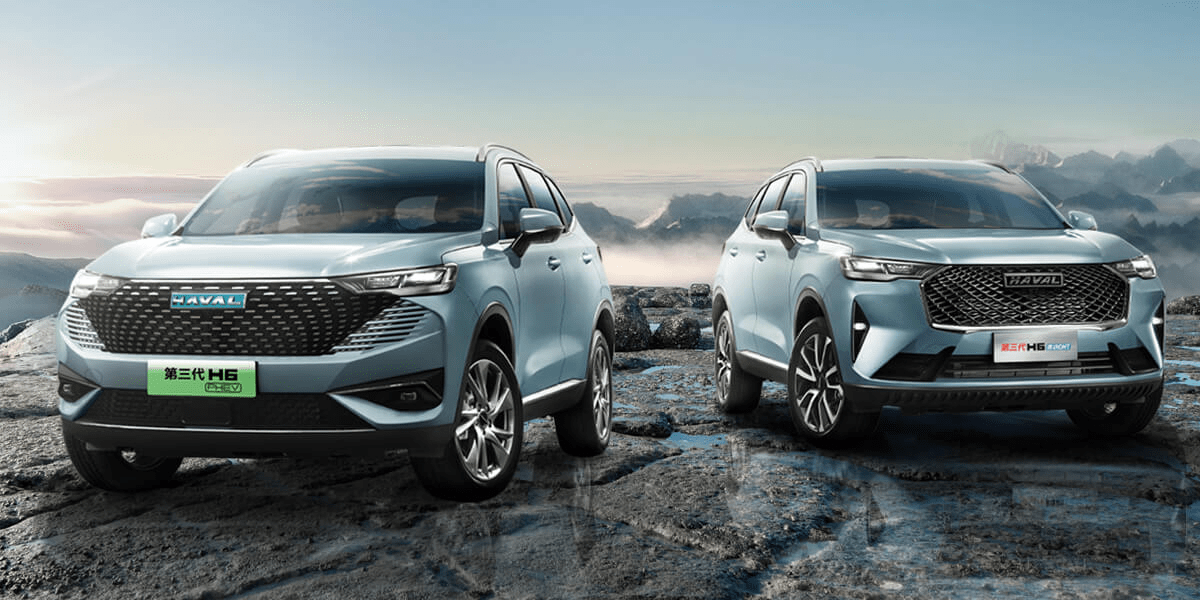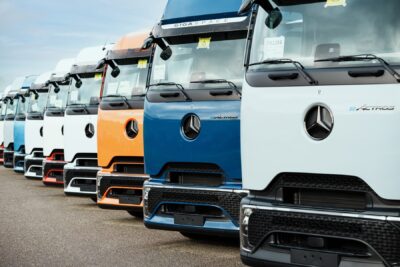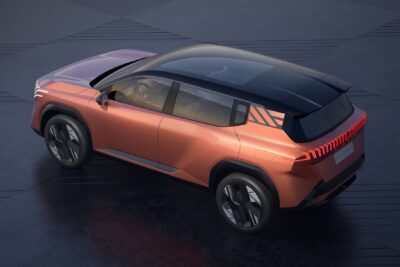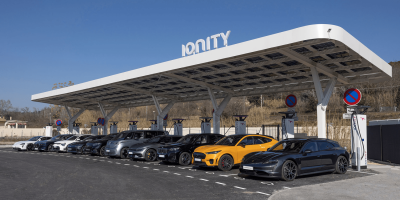Great Wall brand Haval to go fully electric by 2030
Yet another Chinese car manufacturer has now announced that it will stop selling pure combustion vehicles. Great Wall Motor’s Haval brand will focus exclusively on the sale of New Energy Vehicles (NEV) from 2030.
Pure electric (BEV), fuel cell vehicles (FCEV) and plug-in hybrids (PHEV) are expected to account for 80 per cent of the company’s sales as early as 2025, General Manager Li Xiaorui said during an event on the company’s NEV strategy, according to media reports.
Great Wall Motor says it wants to move more into the field of energy production, for which it aims to set up the Haval New Energy company. The Chinese carmaker invested nearly 10 billion yuan ($1.46 billion) in research and development (R&D) last year, and by 2025, the cumulative amount is expected to reach 100 billion yuan. The company says it will count on the strength of its own ‘L.E.M.O.N DHT’ technology, with which it aims to accelerate its transition off fossil fuels by means of counting on parallel streams of hybrid, purely battery-electric and hydrogen energy.
“Chinese car companies are ushering in an opportunity that has not been seen in a century,” Mu Feng, president of Great Wall Motors, said at a conference, according to Car News China. The Haval H6 has been China’s best-selling SUV over the last few years. It has since been superseded by the competition with the BYD Song (sold as a PHEV and BEV) but still managed to stay ahead of the all-electric Tesla Model Y in the first half of the year.
Taking a glance at the competition, the Chinese vehicle-making giant BYD stopped producing and selling purely internal combustion vehicles in March this year and now only manufactures battery electric cars and plug-in hybrids. Since then, BYD has reportedly sold more than 100,000 NEVs in five consecutive months. The first deliveries of purely electric vehicles will soon begin in Europe.





0 Comments